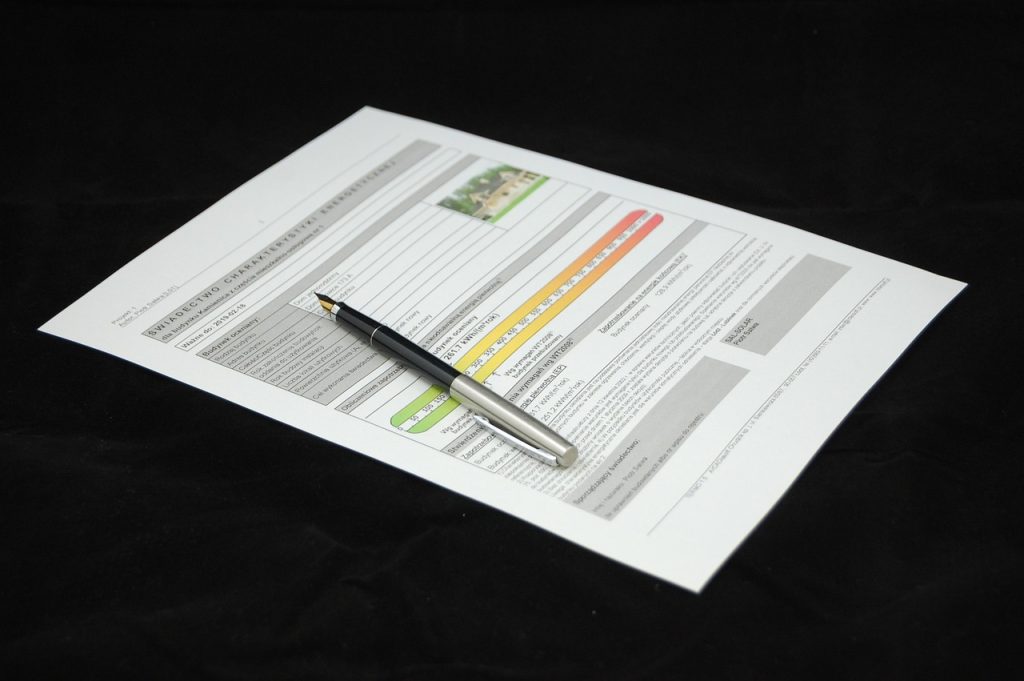
Translation is really an art and can only be appreciated by one who sees a well-translated document. You need to know about the correct meanings of words that are interchangeable in the other language, as well as how to use them in the right context to bring out the correct meaning. Although translation is seen as a professional service, many myths about translation abound that are commonly found not only in the industry itself but also among the general public.
We need to achieve linguistic clarity with our efforts and also debunk the myths that exist in the industry. We will bring out the truths regarding language translation and try to dispel the myths that exist regarding this profession.
The Importance of Correct Translation
You have to appreciate the fact that good translation requires a balance between using the right words and reflecting the correct shade of meaning for your final document. It requires a good knowledge of vocabulary as well as some creativity to convey the right message. A good translation is a skill that requires the writer’s imagination to capture the true meaning of the text.
There are many ways of using a professional service to translate a text, and not all of them are equally effective. The simplest way is to translate word for word and just change the structure of the sentence to match grammatical conventions. Borrowing can be used when the audience does not understand the text in its original form. It produces the meaning of the original text without changing the style.
Another approach is communicative translation, which looks at having the same effect on the audience as the original text. The themes and characters of the original text are retained, while the words are changed to convey the same feelings. Cultural references may be changed to suit the intended audience.
The philological translation is used in documents of a historical nature and inserts specific details into the target language to clarify the meaning.
5 Popular Myths Concerning Translation Services
You would be amazed to know that there are many myths about translation services. Some of these are reproduced below. Many of these misconceptions are not really true and need to be debunked. So we will now look at five popular myths concerning the translation services industry that need to be dispelled.
Myth 1: Translation means that you are just replacing words with the help of a dictionary
The first myth is that the work of translators is quite easy. All it needs is a person with a good dictionary and some skill in both languages. Although this is an oversimplification and not true at all, you would be surprised how many people think that translation means that you are just replacing words using another language. This really damages the worth of the industry by undermining the value of their skills and expertise. But just imagine that if it were that easy, all you would require is a good knowledge of synonyms. Anyone would be able to translate documents easily using automated programs.
Translation is a complex process. Many words don’t have the same meaning in another language. Some idioms and phrases don’t match easily and need to be changed. Sometimes it just sounds better. This is where you need a human translator to come in with some critical thinking and creativity to ensure that the translation is well done. You have to learn that every language has a different grammar, vocabulary, and sentence structure. This has to be taken into account to convey the right meaning and bring out the truths about language translation. This is called website localization.
Myth 2: Automated translations are not perfect, but they’re good enough
Many people believe that tremendous cost savings are possible with computer-based translations, so they will rely on these free resources rather than hire a professional translation service. In reality, the linguistic clarity of the translated material will depend on the expertise of the translator and their command over the subject matter. If you are converting the language of a technical manual or a political speech, the wrong tone or improper word usage can ruin the finish of the entire project.
When you are using special terminology or need to stick to the same tone, a computerized tool can wreck the translation effort. It may give poor results, which may turn off customers or even generate incorrect information, which could lead to a disaster.
You should not totally disregard the suggestions or hints given by an automated language translator program. Sometimes, you can save a lot of time and effort using this facility rather than using a thesaurus or dictionary to look up the right words and consider whether they would translate accurately into another language. You need the services of an experienced translator to humanize the content using natural language. Automated programs based on machine learning and datasets will not be able to write this way.

Myth 3: A good marketing team will be able to create good translations
It is very tempting to give the task of translation to the people in the marketing team. While they know the latest trends, local and regional preferences, and what is likely to be purchased in a particular area, they will not necessarily be talented enough to convert text from one language to another efficiently and effectively. The real worth of a language translation service is to make sure the message is converted into the second language accurately and thoughtfully.
Do not cut corners if you have invested in high-quality marketing efforts and have a good marketing strategy. Use the services of a good translation service so that your message has the expected reach and impact.
Often, marketing messages and advertisement slogans need to be handled carefully. They use idioms and twists of language to appeal to customers. You need to consider the finer points of the language you are translating to and use terms that would connect with customers. This shows that you are culturally sensitive and it will help debunk the myths in this industry.
The process of converting marketing materials, advertising content, and slogans to another language is often referred to as transcreation. This is because it has to convey the same intent in both languages. This usually involves copywriting and can take a lot of time.
Discuss your marketing strategy and perspective in the presence of the translation service team so that they can make sure that their work is in line with your brand vision.

Myth 4: All good translators have the same level of skills
There is a popular misconception among the general public that all good translators have the same level of skills. This is simply not true. Every translator will have their own strong and weak points. They might have the same command over the languages they use in terms of grammar and syntax, but each will bring their own perspective to the translation effort.
Even good translators will approach a project differently- they may not use similar words to translate the same sentences. You may find translators who have expertise in writing certain types of content- or specialize in a particular sector of industry. Your language translation service should first clearly understand what your company is all about, the brands they sell, and the markets they caters to before assigning you a translation expert who can meet the needs of your project. The translation company should have the experience necessary to give you a person who is best suited to your assignment.
Myth 5: Better translation services have a higher price tag
The final misconception that needs to be laid to rest is that higher quality is only available at a higher price. You may find that a higher price is not a guarantee of superior work. Indeed, some firms might be using the benefits of the goodwill that they enjoy in the industry to command higher fees for their services. Bigger firms have higher overhead costs and more people to pay salaries to, so they will charge you higher commissions and rates for translation services. Smaller firms generally have lower prices because they have smaller offices and less staff to manage.
You may find some questionable practices used by larger firms. They may just hand over your project to a freelancer who is not a full-time employee. This can lead to coordination difficulties and quality issues. Others may outsource their work to smaller firms and charge a higher price from you, pocketing the difference. Ridiculously low rates are never a signal of quality, as they mean that some language experts are being paid less than what they are worth.
Good translation services are always reasonably priced. The quotes come with a proper breakdown of the kinds of services offered, the number of revisions allowed, and other details so you know what you’re paying for.
Final Thoughts
There are many myths about the work of linguists and the language translation industry that exist among the general public. Some of these relate to the work of translation, using automated translation programs, the skill level of translators, the process of translation versus transcreation, and the prices of translation services.
Contact TranslateSwift for all your personal and professional translation needs. We have some of the most comprehensive services available at highly competitive rates. We will discuss your project in detail before we give you a quote for our services.

FAQs – Myths About Professional Translation
What factors affect the cost of professional translation?
The cost of professional translation depends on several factors, including:
- Language pair: Less common languages typically cost more.
- Document complexity: Technical documents with specialized terminology require more expertise.
- Project volume and turnaround time: Larger projects with tighter deadlines may incur higher fees.
Does good translation require cultural awareness?
A good translation is never done just by replacing words. Rather, you have to be aware of the cultural sensitivity of the people who are translating the language. This will ensure that the translation is accurate and written with the right context.
How do you ensure quality in the translation process?
Quality is ensured by matching the translator with the project needs. They are native speakers of the target language, with qualifications and experience. It is edited by another linguist who looks at accuracy, clarity, and fluency. A project manager or quality control specialist will check the final product against the client’s specifications.










